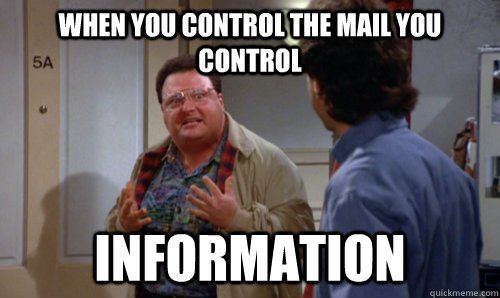Introduction:
In today’s digital era, email has become an integral part of our lives, serving as a primary means of communication. Whether for personal or professional use, email remains a critical tool for connecting with others. However, not all email services are created equal. In this blog post, we will explore the key differences between free email and professional email and why it matters.

- Branding and Customization:
One of the primary distinctions between free email and professional email lies in branding and customization. Free email services, such as Gmail or Yahoo, provide users with generic email addresses tied to their respective platforms (e.g., xxxx@gmail.com). On the other hand, professional email allows you to use your own domain name (e.g., xxxx@yourcompany.com), which reinforces your brand and adds a level of credibility to your communication. - Security and Privacy:
While free email services take security measures to protect user data, professional email offers enhanced security and privacy features. Professional email providers often employ encryption protocols, robust spam filters, and advanced authentication methods to safeguard your messages from unauthorized access or interception. Additionally, professional email services typically adhere to stricter data protection regulations, ensuring your confidential information remains secure. - Storage Capacity:
Free email services typically provide users with limited storage capacity, ranging from a few gigabytes to a few dozen gigabytes. This can become a concern if you frequently receive or send large attachments or if you rely on email as a repository for important documents. In contrast, professional email services often offer significantly larger storage capacity or the ability to customize storage limits based on your specific needs. - Customer Support:
Free email services usually offer limited customer support options, primarily relying on online forums or community-driven assistance. Conversely, professional email services often provide dedicated customer support channels, including phone, email, or live chat. This ensures that if any issues or concerns arise, you have access to prompt and personalized assistance, which is particularly crucial in a professional context where downtime can have significant implications. - Collaboration and Productivity Tools:
Professional email services frequently integrate with other productivity tools and software suites, allowing for seamless collaboration and increased efficiency. Features such as shared calendars, document sharing, task management, and video conferencing can significantly enhance teamwork and streamline workflows. While free email services offer basic functionality, they may lack the robust collaboration features that professional email platforms provide.
Conclusion:
While free email services can be suitable for personal use, professional email offers a host of advantages for businesses and individuals seeking to establish a more credible and secure online presence. From customized branding to advanced security measures, professional email provides the necessary tools to enhance communication, productivity, and collaboration. Whether you’re a small business owner or a professional looking to leave a lasting impression, investing in a professional email service is a step toward establishing a reputable online identity.
At Incognito Web tech we have several email providers to support you business needs and goals
